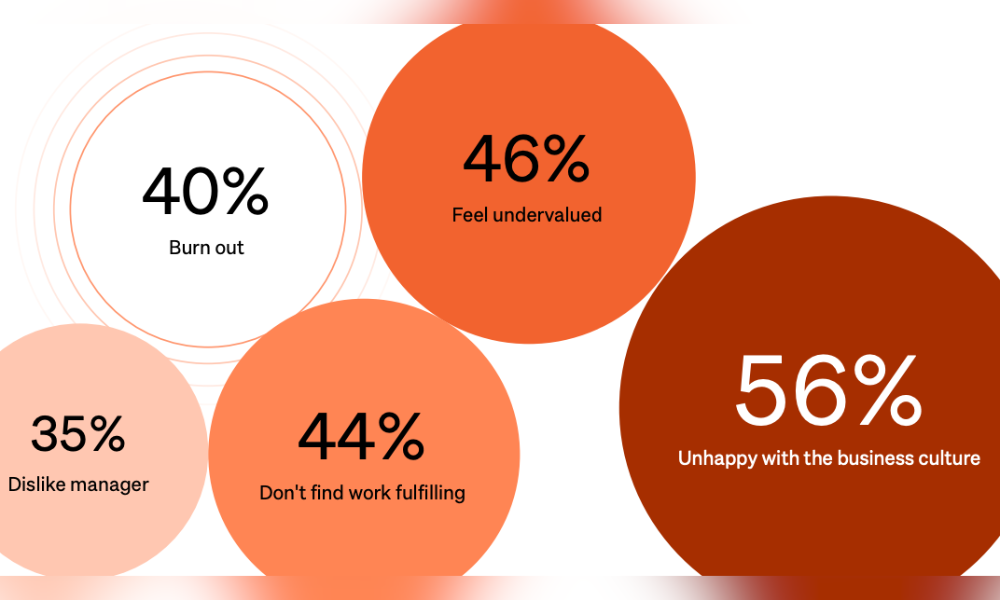
What are the top reasons driving employees to look for new employers?

Most employees in New Zealand are open to new jobs as they seek opportunities for personal and career growth, according to a new report.
The latest Trade Me Jobs Market Insights Report found that 83% out of 2,235 New Zealand-based respondents said they are open to new job opportunities.
This includes 20% who are already applying for new jobs, 32% keeping an eye out for new opportunities, and nine per cent who are actively looking but yet to apply.
The search for better career prospects (20%) surpassed better pay (19%) as the top reason why employees are job hunting, according to the report.
"While salary is still incredibly important, especially when making a decision to accept an offer, it suggests that people are more interested in opportunities for growth and development and the ability to build their skills and experience for long-term career advantage," said Matt Tolich, sales director at Trade Me, in the report.
Other reasons why employees are job hunting include:
Meanwhile, the report also found that unhappiness with an organisation's culture drove many of the exits across businesses in the past year.

Source: Trade Me
Tolich said the top four reasons for leaving an organisation are "often intertwined."
"People feeling overworked and undervalued may be laddering up into disillusionment around the culture and their day-to-day experience of how the business operates," he said.
"With a stretched economy, it's easy, and sometimes necessary, for businesses to ask more from staff - but staff are also feeling the weight of the economy in their personal lives as well; so this pressure can really take a toll."
The findings come in the wake of creeping unemployment figures and elevated levels of migration, according to the report.
"The labour market is rebalancing more in favour of employers. This means job hunters are having to work harder to stand out in a crowded market and may not have the same negotiating power they did in the past," Tolich said.
However, he pointed out employers must also observe if their organisation has been seeing higher number of exits than usual, in which case, anonymous surveys can help.
Tolich said these surveys can help in "identifying holes that can be filled in company culture and a team's work practices."
To attract new employees, he advised organisations to stand out by showing how they're different from the company where the job hunter is coming from.
"Spotlight the work the business does to uplift employees and keep workloads manageable," he said.